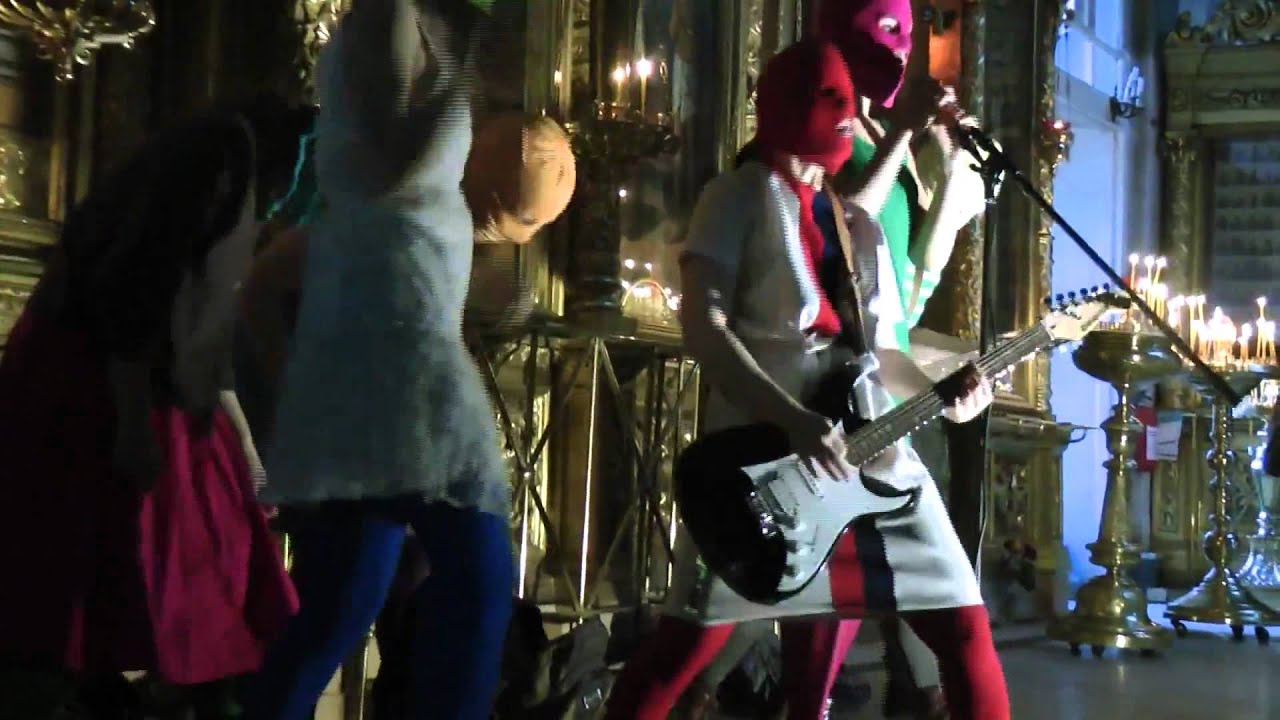A long weekend’s worth of music in a beautifully preserved medieval city was always going to be a memorable experience, but for the people of Tallinn, Estonia, the power of music and what it can achieve has a particular resonance that makes it all the more poignant and extraordinary. A former part of the Soviet Union, Tallinn was the heartland of the ‘Singing Revolution’ – a series of huge nocturnal singing demonstrations and defiantly patriotic music festivals – during the late 1980s and early 1990s, just before Communism released its hold on the Baltic State.
Estonia has come a very long way in a relatively short space of time, a point driven home by a visit to the KGB museum at the top of the Hotel Viru – where foreign tourists throughout the hotel were listened to, recorded and generally closely monitored – (on one occasion, a guest had muttered within the comfort of his room that there was no toilet paper in the bathroom. Within minutes there was a knock at the door from a member of staff bearing rolls of the stuff.) Our visit to this mouldering, fascinating place was accidentally all the more pertinent considering that within a day the news would break in the UK that our own Orwellian nightmare of a government is planning to bug our communications…
A speech from the rather rock & roll Estonian President Toomas Hendriks Ilves at the opening of the positive, progressive Tallinn Music Week (organised by power-house promoter Helen Sildna) proved that, while Estonia is now a free society, their Russian neighbours still had far to go in terms of freedom. Just weeks ago, Ilves explained, the female punk collective Pussy Riot expressed tremendous courage in the name of change by storming Christ The Saviour cathedral in Moscow in balaclavas to stage a ‘punk prayer’, calling on Vladimir Putin to be “driven out” and confronting Russia’s authoritarian rule, sexism and intolerance.
“The ghost of freedom is in heaven,” the lyrics state. “Gay pride sent to Siberia in chains. The head of the KGB is their chief saint, leads protesters to prison under escort, in order not to offend the Holy. Women have to give birth and to love… St Maria, Virgin, become a feminist…”
Three members of Pussy Riot – Maria Alekhina, Nadezhda Tolokonnikova and Ekaterina Samusevich – are now in prison, facing seven years behind bars, as a result of their brave, radical actions. As Ilves stated, Estonians value their liberty very highly for obvious reasons, perhaps more highly than in societies that have always enjoyed relative freedom and who thus view the notion of liberty rather complacently. What has happened to Pussy Riot rightly irks him.
“I think Jello Biafra always wanted to get arrested,” Ilves added. “Beginning with ‘Holiday in Cambodia’ and more recently with his band the Guantanamo School Of Medicine… he still didn’t get arrested. But in ‘un-free’ societies there are serious consequences for people who do something as fun as rock & roll.” A powerful and sobering start to TMW.
We like the Estonian President, by the way. We like him a lot. In fact, can we keep him? Thanks.
And so, Tallinn Music Week is underway, and the city, with its ice-cream coloured buildings and ancient fairytale turrets, is transformed into a mass of city stages playing host to myriad groups throughout the day-time, while Tallinn nights explode with sound and colour: every venue – be it a gallery, a Soviet-era cinema or an imposing theatre – bursting with its own stories to tell, battling with the music to be acknowledged, and while Tallinn now blazes with vibrant sound, it’s hard not to give a respectful nod to the spectres that lurk in the shadows, doubtless also revelling in freedom hard-won.
First up, a palate-cleansing evening at the beautiful Kino Söprus for a cultural ping-pong match of groups – one half of the evenings acts are Estonian, courtesy of Odessa Pop, and t’other – Brainlove artists from dear old Blighty.
Photogenic local electro-indie darlings Candy Empire are the perfect openers, a burning sweet-sour cocktail of glittering sound and hard-edged Debbie Harry attitude, before the perpetually kneeling, largely be-hooded Mat Riviere takes the stage and starts to weave his haunting sonic spells. Öäk we also rather loved – a one man noise-merchant, a lone silhouette capable, it became evident, of conjuring sounds and frequencies so intense that I became very aware of my blood-stream, follicles and veins. Hello veins. Sorry if I hadn’t paid you much attention before.
More Estonian talent was to grab us by our frost-stiffened lapels the following day: after our somewhat chilling visit to the KGB museum, which included the very Marie-Celeste-like room in which their recording equipment was kept, a crowded hotel-suite session from Jagaspace grounded us once more with their crystalline Nordic sweetness, tinges of French pop nostalgia and the Cocteau Twins. Oh, the chord changes. Finnish duo Sepia followed – Sepia being feminist vocalist Victoria Lindqvist and guitarist Lauri Schreck – and they filled that hotel room with even more haunting dreaminess, elastic, expressive vocals and original, engaging songwriting.
From the sublime to the, well… ridiculous is the wrong word. Exhiliratingly insane might be closer to the mark. Ok, that’s two words. But either way, after Jagaspace and Sepia we marked the coming of eventide by plunging headlong into a blistering set by incendiary ‘fire-folk’ band Svaja Vatra, a group musically reminiscent of Gallic folk loons Louise Attaque. A good thing, in my opinion anyway.
Svaja Vatra are an alarming bunch. For a start, they look like an unhinged band of muscular farm hands and they proceeded to create a fist-pumping rally-like atmosphere thanks to the audience knowing all of the words to all of the very strident songs. This gig was a lot of fun, believe you me, and I say that despite the fact that there were bag-pipes being played be a man who looked as if he was experiencing rather more pleasure than one should when blowing into those things. There was leaping. There was shouting. There was rhythmic cutlass-bashing and there was setting fire to things. Within reason, these are all active ingredients for a fine night out, I’m sure you’ll agree.
After making sure I still had eyebrows, it was back to the Kino with me for some respite. It was all about contrast in Tallinn, and the crammed programme was nothing if not diverse, the only problem being that it was hard at times to choose what to attend, so rich and pulsating with talent this creative city was/is. Violinist-with-a-difference Tiit Kikass was next on my to-do list, so to speak; a lone, strange and gentle figure armed with his electric violin and pedals, he commenced playing, looping and occasionally singing, creating ever-more dizzying layers of sound, hypnotising the audience and only once breaking the spell with a very long anecdote in Estonian, the only words of which I could capture being ‘cup of tea’. I’m not complaining, mind. I like tea.
The idiosyncratic and much-vaunted Norwegian singer-songwriter Einar Stray and his band were up next, who impressed the assembled crowd with their melodiousness, earnestness and sturdy a capella warblings but it was the trio that followed that stole my heart that evening. Diver, from Austria, are a guitar-playing threesome who effortlessly proved that, if you’ve got the songs, the honesty, the attitude and the… ok, a fair old dose of je ne sais quoi, you can strip things right back, keep it simple and just blow people away. No studied hipster self-consciousness here. A true festival highlight. More please.
So, after three packed days of music and talks, I left feeling excited about this rising tide of European talent and equally excited about the future of the music industry, particularly after a vibrant panel featuring Paul Cheetham, Brainlove’s John Rogers and the Friendly Fire label manager Dan Koplowitz; a panel which seemed happily at odds with the entertaining and Rabelaisian if inevitably rather retro interview with rock manager Ed Bicknell (Jethro Tull, Dire Straits) that followed. But like I say, contrast is a beautiful thing. It’s all about the contrast, folks.
It seems that, as far as many blossoming contemporary labels, management companies and of course artists are concerned, that enthusiastic punk DIY spirit is alive and well despite Bicknell dismissing punk in its original form as a mere media construct which had little impact, largely because “they didn’t sell many records…”. Surely if you measure the cultural impact of punk in terms of record sales, the point is being rather missed. As we can see, from the workings of the aforementioned indie labels to the courageous actions of Pussy Riot, the inspiring cultural impact of punk is arguably somewhat greater and more lasting than, say, that of Jethro Tull, with the greatest respect.
So, lots to think about, lots to love, lots to listen to and explore further. Estonia, we shall continue to watch, and, more crucially, listen, very carefully.




